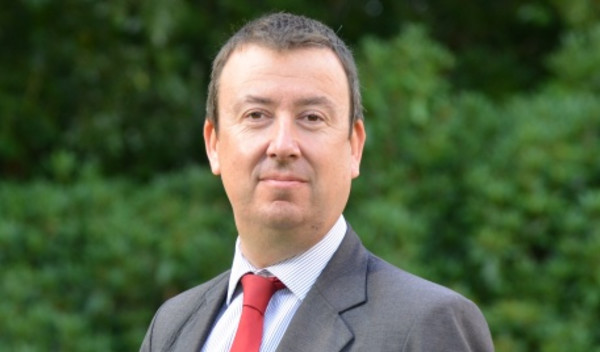

To jog your memory, the Bank of England governor said he would “look through” any short-term effects on inflation (or deflation) and would not be swayed by swings in non-core items. He even reiterated this sentiment at Davos last week.
But his determination to “look through” the temporary effects of the oil price on inflation has not been echoed by his colleagues on the monetary policy committee (MPC).
The minutes of January’s MPC meeting showed a reversion to a 9-0 vote in favour of no change. Previous hawks Martin Weale and Ian McCafferty have shied away from their earlier views that the Bank rate needs to rise.
It is logical to believe this new-found dovishness makes sense, but I would argue the opposite. Economic growth is not going to increase until we escape from the zero-interest-rate mindset – and we need higher, not lower rates to do this.
Zero interest rates and excessive publicity for (as yet non-existent) deflation are creating a psyche that discourages risk-taking. In a world of near-zero inflation and near-zero risk-free rates, very low positive returns become acceptable; even normal. But they are not. We need higher nominal growth rates if we are even to slow the pace of ever-increasing indebtedness, let alone start to reverse it.
It will also not be long before inflation starts to rise. The fall in the oil price will work its way through the annual calculations over the course of this year and unless something especially weird happens in the meantime, inflation rates will be rising sharply later this year and next. The oil price may fall further in the short term, but supply and investment are already constricting.
Economic growth will be higher in 12 months’ time, thanks notably to lower energy costs and European quantitative easing. Add to this rising inflation and you’ll have a situation where central banks will be ‘behind the curve’ if they have not started to tighten. For the first time since, I think, 2007 I am convinced interest rates need to rise.
The fall in the oil price is the cushion that ought to allow this. The helicopter-drop of petro-pounds should be the palliative that allows the Bank to raise the cost of borrowing. It will boost GDP growth, raise consumer expenditure, and will finally raise return expectations. It is a truism that the fall itself is only a transfer mechanism from producers to consumers, but the feel-good factor and money-multiplier effect will far outweigh the losses in Riyadh and Moscow.
The Bank has a 2 per cent inflation target. Mr Carney has echoed Mario Draghi’s phrase in saying he will do ‘whatever it takes’ to achieve this. The MPC needs to be brave enough to raise rates at the very time that inflation may be turning into official deflation. But January’s minutes show this is a nettle it is very reluctant to grasp.
Jim Wood-Smith is head of research at Hawksmoor Investment Management



